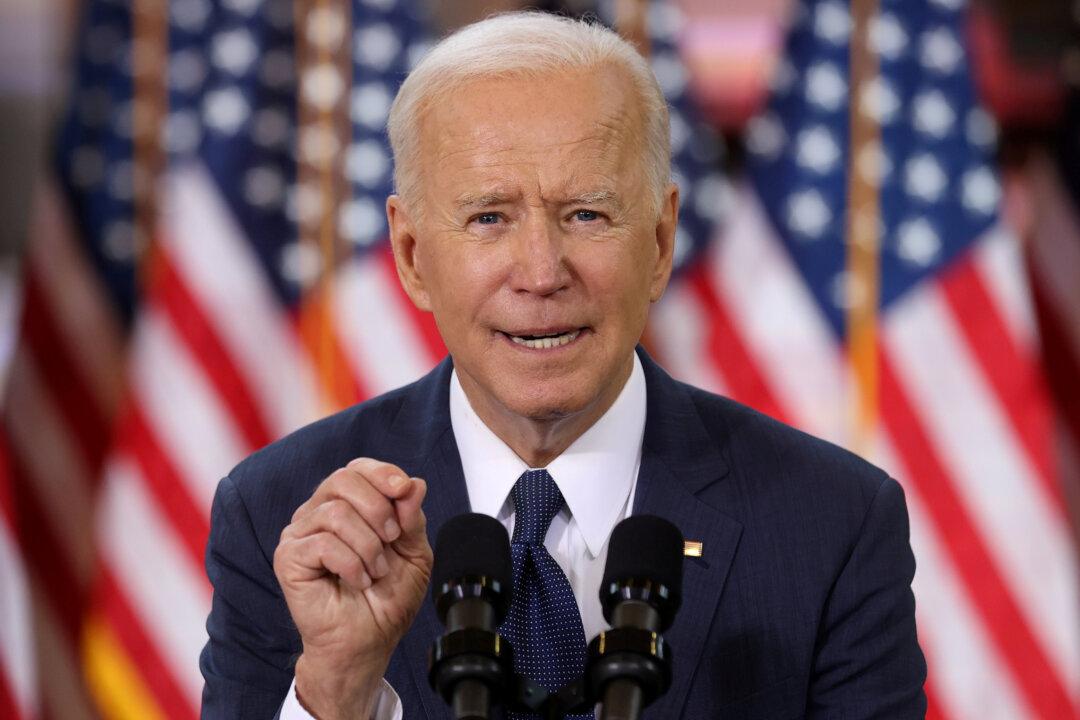Thirteen states launched legal action against the Biden administration over a provision in the CCP virus relief package that prohibits states from using the funds to pay for tax breaks.
The Democrats’ $1.9 trillion relief package to combat the impacts of the CCP (Chinese Communist Party) virus, the American Rescue Plan Act of 2021 (pdf), carries a provision that says states cannot use relief funds to offset decreased tax revenue that is due to any tax cuts—including by cutting rates, rebates, deductions, credits, or otherwise—and any tax delays.




